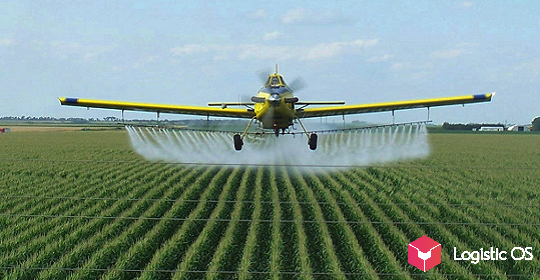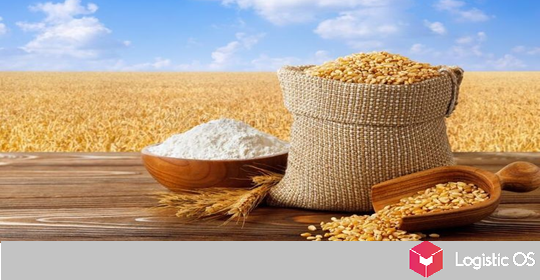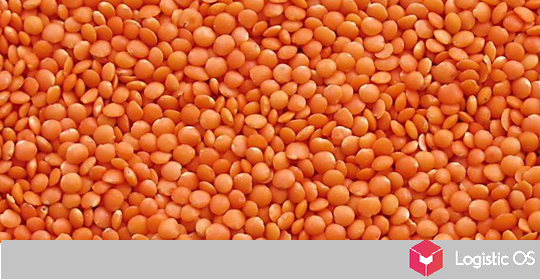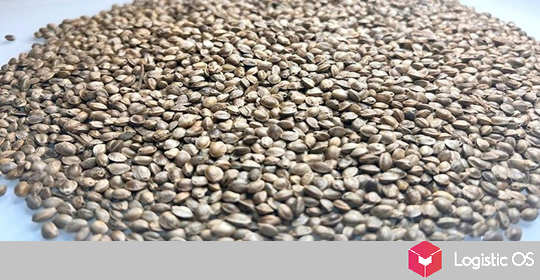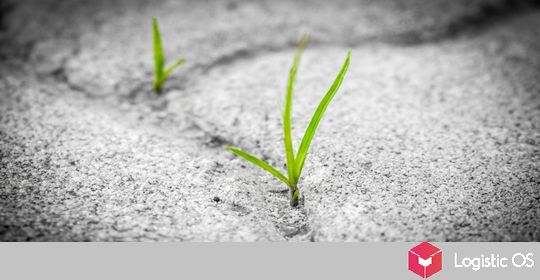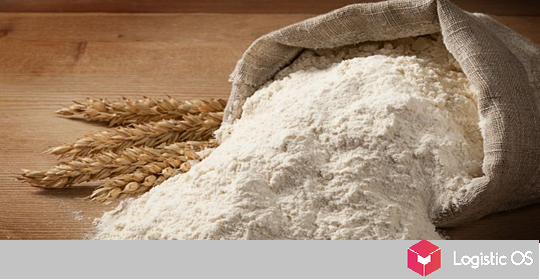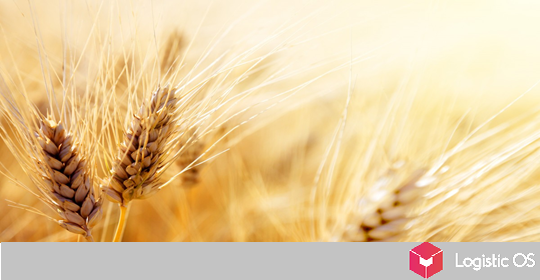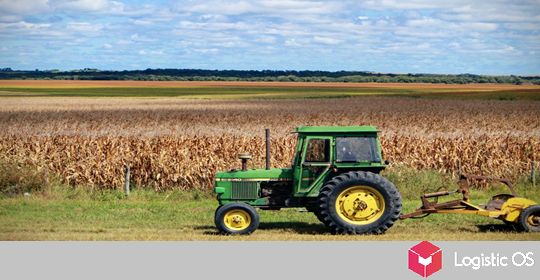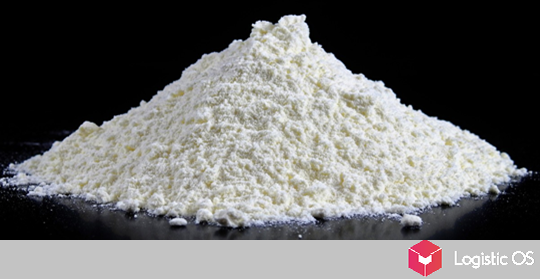Experts report that the low profit margins of wheat cultivation are leading Russian farmers to increasingly sow sunflowers instead.
According to the latest data, the total harvest volume of these crops in 2025 was 141 million tons. This is significantly higher than the previous year’s figure of 126 million tons.
According to available data, Russia exported a record volume of lentils in 2025, compared to recent years.
Currently, the seed self-sufficiency rate has reached approximately 70%. There is every reason to believe that it will continue to grow in the future.
The government has established a new procedure for exporting sugar from the country, which is to be in effect until 2031.
Europe plans to significantly complicate the import of Russian fertilizers by raising tariffs and imposing additional sanctions.
In 2026, a law on mandatory flour labeling is expected to be passed in Russia. However, experts believe this is unlikely to impact prices.
A good grain harvest in most exporting countries this season is creating problems for Russian grain supplies to the global market.
According to the latest data, the total volume of phosphorus and phosphorus-based fertilizers purchased by EU countries from Russia exceeded €900 million in 2025.
According to some experts, the current profitability of the flour milling business in Russia is less than 2%, which poses a significant problem for the industry.
